West Africa has a unique opportunity to transform its natural resources, scientific capacity, and entrepreneurial ecosystem into a thriving bioeconomy, according to Professor Folasade Olajuyigbe, Director of the Professor Julius Okojie Central Research Laboratory at the Federal University of Technology, Akure (FUTA). Speaking at the regional workshop “Towards a West African Regional Bioeconomy: The Contribution of Policy, Science, and Technology Innovations”, in Dakar, Senegal she highlighted Nigeria’s potential to act as a regional hub for bioeconomy innovation.
The workshop held on September 4,2025 brought together policymakers, researchers, and industry leaders from across West Africa, including Ghana, Benin, Senegal, and Nigeria, with participants from international organizations and countries that have established bioeconomy strategies.
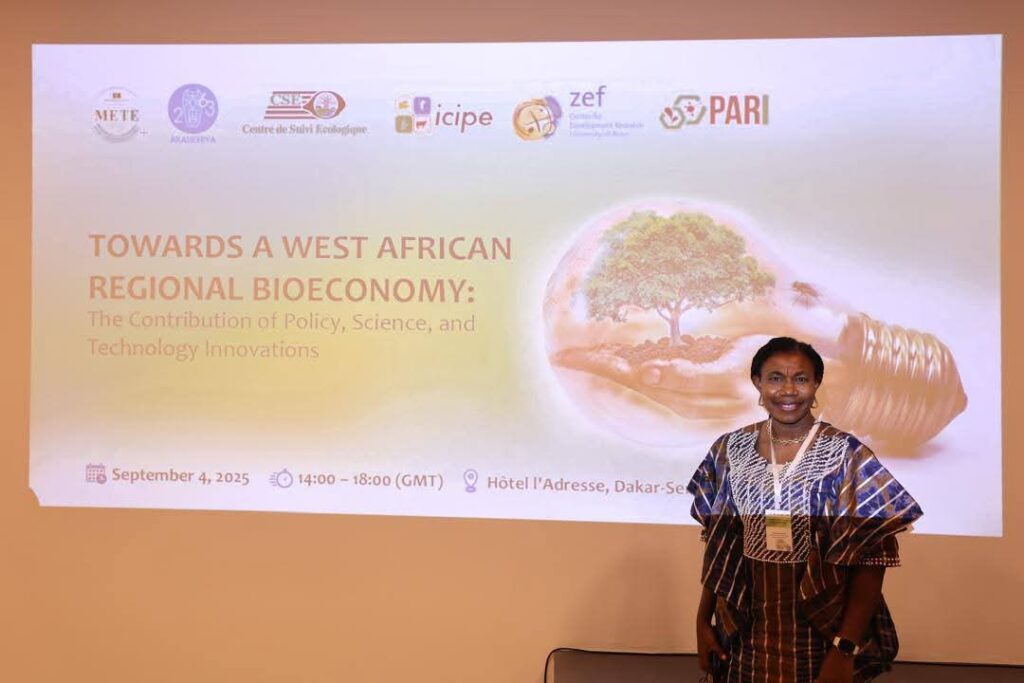
The event aimed to explore pathways for national and regional bioeconomy agendas, strengthen collaboration, and prepare African representation for upcoming global summits such as the 2026 Global Bioeconomy Summit in Dublin, Ireland.
Speaking from Nigeria’s perspective, Professor Olajuyigbe underscored the country’s strategic advantages: rich biodiversity, a large and skilled workforce, a vast domestic market, and strong regional trade connections. She stressed that Nigeria is actively embedding bioeconomy principles into its science, technology, industrial, and environmental policies, aiming to foster inclusive growth and sustainable development.
“Nigeria’s research institutions, such as FUTA’s Central Research Laboratory, are uniquely positioned to translate scientific knowledge into bio-based innovations that can scale regionally,” she said. “We are prioritizing public-private partnerships, supporting start-ups and enterprises, and creating frameworks to attract both domestic and international investment into bio-based sectors.”
Prof. Olajuyigbe also emphasized the importance of collaboration across West Africa, noting that regional coordination and knowledge sharing are critical to unlocking the full potential of the bioeconomy. “By leveraging cross-border partnerships, sharing best practices, and integrating traditional knowledge systems with modern science, West Africa can become a global leader in sustainable bio-based production,” she said.
Concluding her remarks, Professor Olajuyigbe noted, “Nigeria has both the capacity and responsibility to lead by example. With coordinated action, strong policy frameworks, and strategic investment, the region can harness its natural and human capital to achieve sustainable, inclusive, and resilient growth through the bioeconomy.”
The workshop included presentations and discussions from experts such as Dr. Julius Ecuru of BioInnovate Africa, who outlined the investment opportunities in Africa’s bioeconomy, and Mr. Ben Durham of South Africa’s Department of Science and Innovation, who discussed the G20’s bioeconomy agenda. Senegal’s Professor Cheikh Mbow shared insights on the country’s approach to embedding bioeconomy principles in national strategies, while Ghana’s Dr. Rose Omari highlighted successful multi-stakeholder partnerships for green growth.
Participants identified three concrete actions to advance the bioeconomy in West Africa: developing a regional policy brief on emerging innovations, creating a comprehensive inventory of bioeconomy initiatives, and establishing a continental database of bioeconomy actors to strengthen collaboration and visibility in global forums.
The workshop reinforced the view that West Africa’s bioeconomy is not only an economic opportunity but also a pathway to climate resilience, job creation, and sustainable development, setting the stage for a unified regional vision ahead of the Global Bioeconomy Summit 2026.
– Photo credit: © AKADEMIYA2063/Tidiane Ba, 2025






























































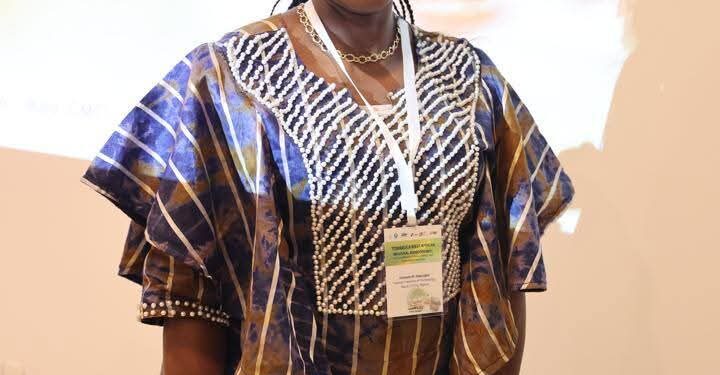





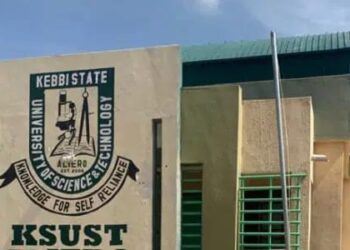
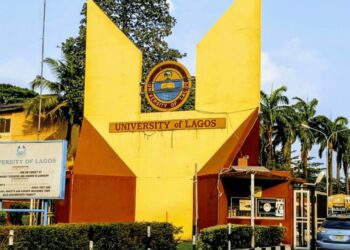

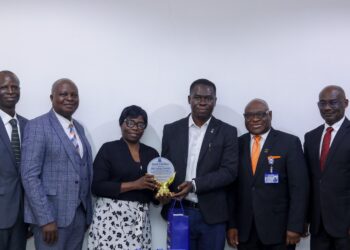











 EduTimes Africa, a product of Education Times Africa, is a magazine publication that aims to lend its support to close the yawning gap in Africa's educational development.
EduTimes Africa, a product of Education Times Africa, is a magazine publication that aims to lend its support to close the yawning gap in Africa's educational development.